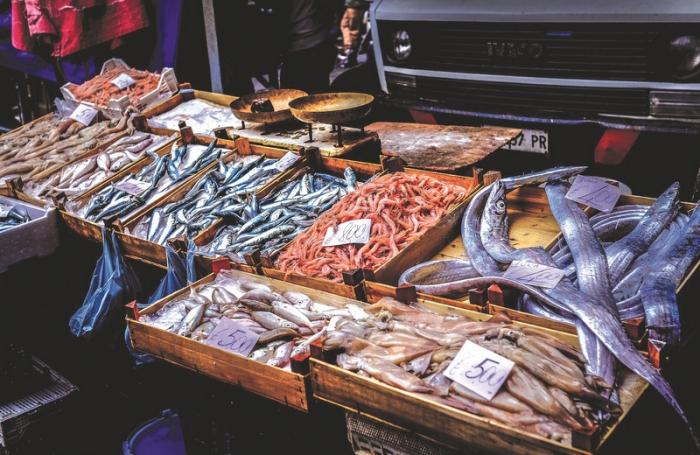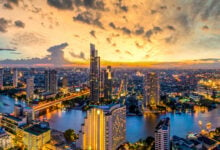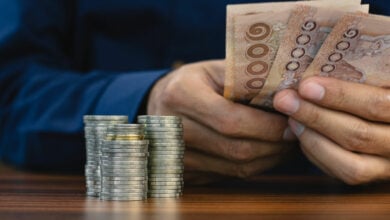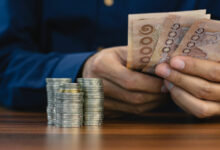Keep It Green: Reefers, rogues and regulations

PHUKET: According to recent statistics, Thailand has the fourth largest seafood export industry in the world, valued at a massive 6.5 billion dollars a year.
With its fleet of Phuket-based fishing vessels and substantial shrimp-farming industry, the island is a significant contributor to this figure. However, adverse international publicity in the last few years has caused some decline, following allegations not only of human rights abuses but also of IUU (Illegal, Unreported, Unregulated) fishing abuses.
Greenpeace recently claimed that an international crackdown on human rights crimes, plus depleted fish stocks in the Gulf of Thailand and now the Andaman Sea, has prompted some Thai vessels to explore waters off the coasts of Indonesia and Papua New Guinea, while others travel 7,000km to the rich and bio-diverse Saya de Malha bank off East Africa, a shallow marine system that is not properly policed.
These excursions into remote and lawless waters only exacerbate the problem, whereby trafficked men – slaves in effect – are sold and mistreated at sea. Moreover, seafood caught by these ‘pirates’ – not only unregulated, but also illegal – is entering the supply chains of multinational companies that process food. They then sell it globally, in clear violation of international labor, fishing and marketing codes.
One of the problems in Thailand is that the industry relies so heavily on migrant labor. Though precise figures are elusive, more than 90 per cent of crews come from outside Thailand.
These fishermen effectively possess no rights; prisoners on board, as catches are transferred at sea, to refrigerated ‘reefer’ vessels, which then return to port.
But the news is not all bad. In 2015, the government embarked on a comprehensive reform program. Aimed at curbing these malpractices, the regulations have frozen the registration of new boats, and mandated surveys of the existing fleet of 42,000 vessels.
Licences have been restricted in some cases – from open to limited-access fisheries – and a quota imposed on the number of days a vessel can fish. Boats must be marked with details of their size, fishing gear, and designated area of operation.
Most relevant to this debate, new directives aim to regularize the laws concerning the protection of migrant workers, and to eliminate criminal labor brokers. Inspections of seafood factories – where migrants are also heavily employed – has led to the closure of 17 such establishments.
If human rights abuses are one issue, over-fishing is another. According to official statistics, from a peak catch of 300kg per hour in the 1960s, Thai fishing boats are now catching just 18kg. And technological advances, by virtue of their very efficiency, have accelerated the decline, as sonar has developed. Mr Tharamat, a local fisherman, explains: “Now it is a race to get to the fish, so the boat with the biggest sonar usually wins”.
Speaking at the port of Nivat, a Phuket merchant adds: “Most of the big fish are gone. We used to have over 30 trucks a day just for tuna from the seas around Thailand, Vietnam and Cambodia. Now we have maybe five to 10 trucks… and all that comes from Indonesia.”
— Patrick Campbell
Join the conversation and have your say on Thailand news published on The Thaiger.
Thaiger Talk is our new Thaiger Community where you can join the discussion on everything happening in Thailand right now.
Please note that articles are not posted to the forum instantly and can take up to 20 min before being visible. Click for more information and the Thaiger Talk Guidelines.
Leave a Reply
You must be logged in to post a comment.









